European Fund for the Integration of Third-Country Nationals MIPEX
As expected, the different actors involved (government, the EU & aid agencies) are blaming each other – and the weather – for this scandal. https://t.co/OD5kM5rnXv
— Jeff Crisp (@JFCrisp) 10. Januar 2017
Glad to see @TheProgressives pick up on our recommendations about #Oettinger’s new job: https://t.co/JVFbbnMZ4C
— Transparency Int. EU (@TI_EU) 10. Januar 2017

News Lens: AIIB and World Bank lend big to TANAP project https://t.co/d5ujSgJcbj
— Bretton Woods Proj. (@brettonwoodspr) 9. Januar 2017
Warte seit 1,5 Stunden darauf einen Zettel zu bekommen, der bestätigt, dass ich 1 Werktag krank war. So geht effizientes Gesundheitssystem
— Yilmaz Gülüm (@YilmazGulum) 9. Januar 2017
#Greece: severe weather places #refugees at risk and the government (and the #EU) under fire https://t.co/rXlG2T9snV
— Lotte Leicht (@LotteLeicht1) 10. Januar 2017
Interesting point – what happens to the open Russia/Belarus border if Belarus is letting in people from 80 countries visa-free for 5 days? https://t.co/r7CsHhFrI0
— Scott Rose (@rprose) 9. Januar 2017
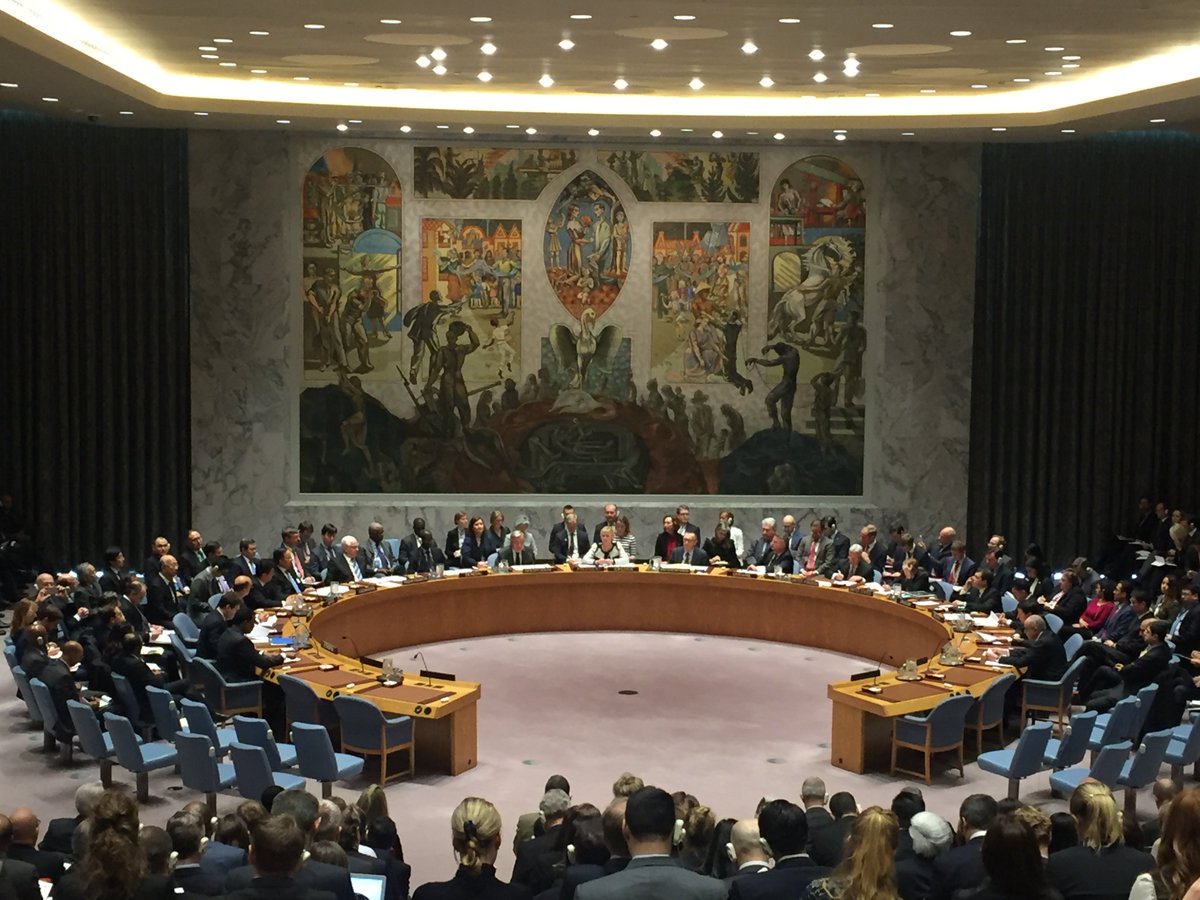
„War is never inevitable. It is a matter of choice: to exclude, to discriminate, to marginalize, to resort to violence. @AntonioGuterres pic.twitter.com/p1Um8PSMAs
— Melissa Fleming (@melissarfleming) 10. Januar 2017
Retired generals to #Trump: #Torture is illegal, unnecessary, counterproductive & violates core US values https://t.co/CasEAz52ak
— Lotte Leicht (@LotteLeicht1) 10. Januar 2017
Civil activists fear new crackdown in #Hungary after #Trump election https://t.co/0LI0yNjEnW
— Lotte Leicht (@LotteLeicht1) 10. Januar 2017
@OSCE_RFoM concerned #UK legal provision could have damaging impact on country’s press #Section40 https://t.co/VT9IagTZfA
— OSCE media freedom (@OSCE_RFoM) 10. Januar 2017

„You are a bit of a c*** yourself. Being offensive to me doesn’t help.“ https://t.co/SHIJIIx4wT
— Legal Cheek (@legalcheek) 9. Januar 2017
CONFIRMED: The English language version of Germany’s financial news source, @HandelsblattGE, has blocked Breitbart from their media buy!
— Sleeping Giants (@slpng_giants) 9. Januar 2017
Tritt man ins Hotel Porin ein, fallen sofort die vielen Zettel in arabischer Schrift auf. Hier geht’s zum Doktor, am Donnerstag kommt der Psychologe, da drüben ist die Administration, dort hinten kann man Yoga-Kurse besuchen, unten ist der Musikraum. In der Eingangshalle stehen ein paar Jugendliche – Afghanen, die bereits gut Kroatisch sprechen. In einem Zimmer sitzen ein paar junge Erwachsene – die Kroatischlehrerin macht Späße.
Die Asylwerber scheinen schon relativ gut die neue Sprache zu sprechen. Insbesondere die Pakistaner gelten als ehrgeizig, vielleicht weil sie wissen, dass sie die geringsten Chancen haben, in dem EU-Land Asyl zugesprochen zu bekommen.
Wille zur Integration Die meisten Flüchtlinge, die hierher aus Österreich zurückgeschoben wurden, wollten lieber in Österreich bleiben. Auch die Managerin der Asylunterkunft, Anita DakiÄ�, versteht, dass die Flüchtlinge nicht aus Österreich abgeschoben werden wollen. „Die haben ja bereits guten Willen gezeigt, sich zu integrieren, und manche wurden nicht ausreichend informiert, bevor sie zurückgeschoben wurden.“ Das österreichische Innenministerium weist das zurück. „Alle Antragstellenden, bei denen ein Dublin-Verfahren geführt wird, sind von Beginn an darüber in Kenntnis“, sagt Sprecher Karl-Heinz Grundböck. Viele der Rückgeschobenen hatten jedenfalls bereits relativ gut Deutsch gelernt, deshalb gibt es hier im Hotel Porin auch die Möglichkeit, weiter Deutschkurse zu besuchen
ä
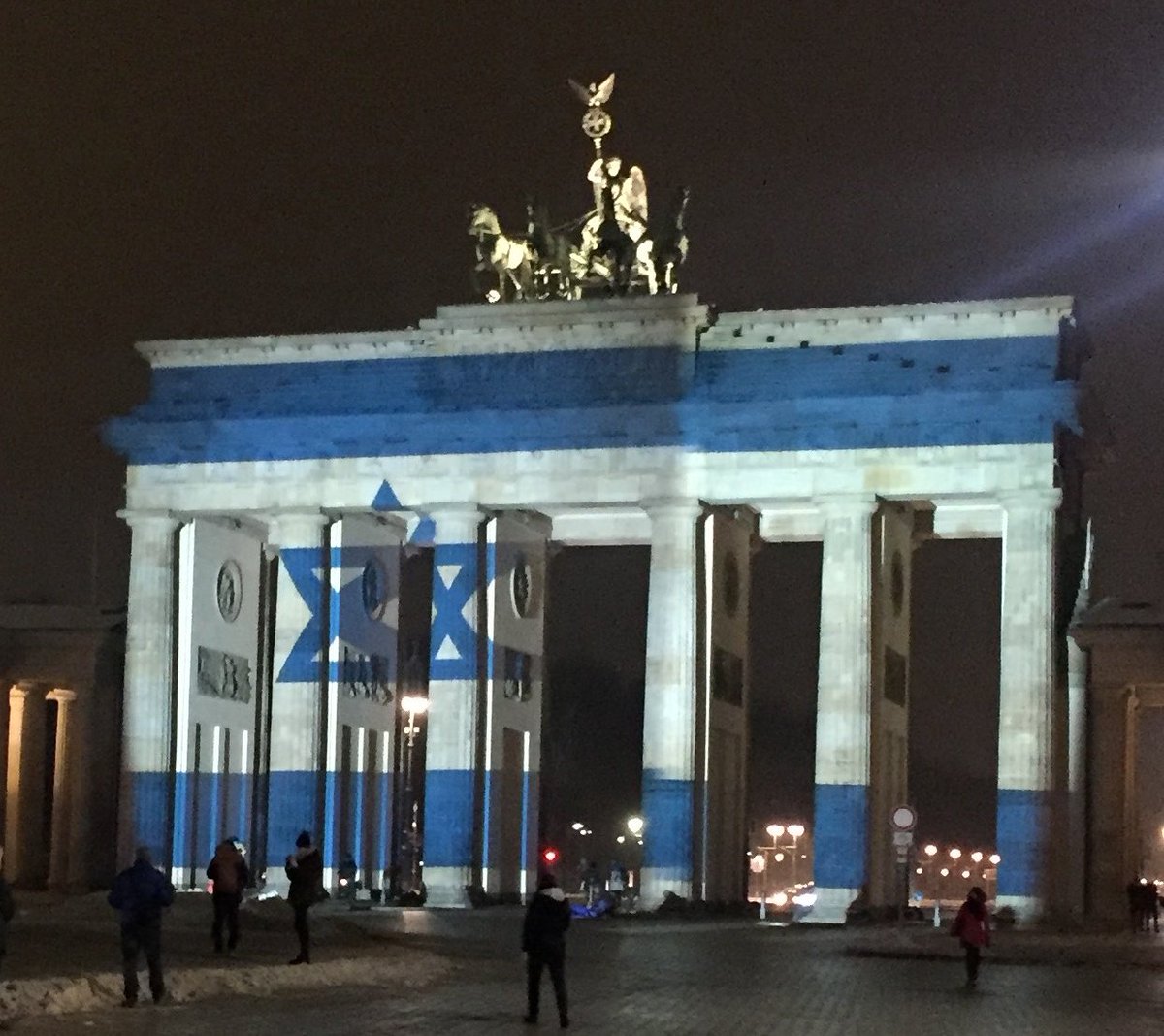
In Solidarität mit #Israel+im Gedenken an die Opfer des Anschlags in #Jerusalem: Das #BrandenburgerTor in den Farben der israelischen Flagge pic.twitter.com/Jefuk4bkWY
— Auswärtiges Amt (@AuswaertigesAmt) 9. Januar 2017
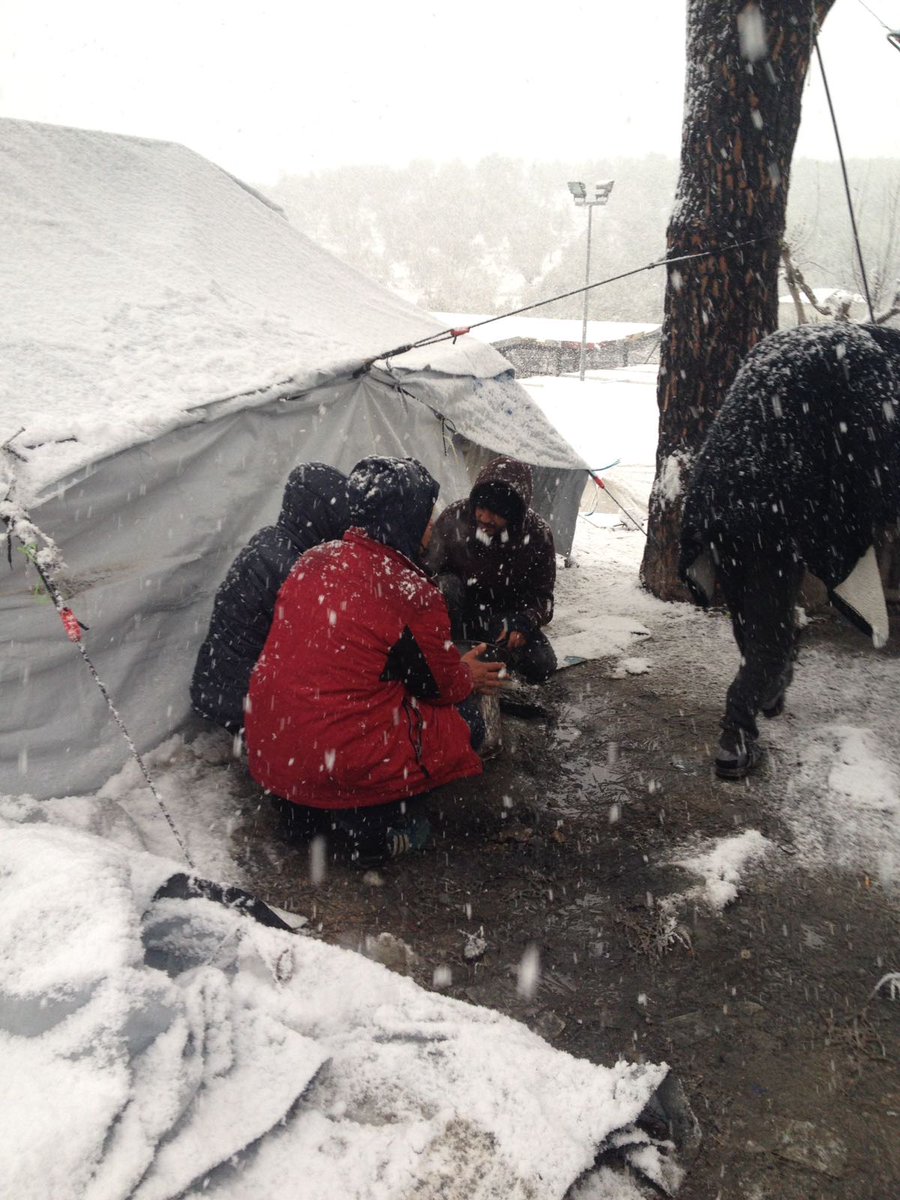
Hey @eu_echo maybe you didn’t realize that it’s winter and people are freezing in the hotspots where #EU has trapped thousands? pic.twitter.com/jpjisINnsX
— MSF Sea (@MSF_Sea) 9. Januar 2017
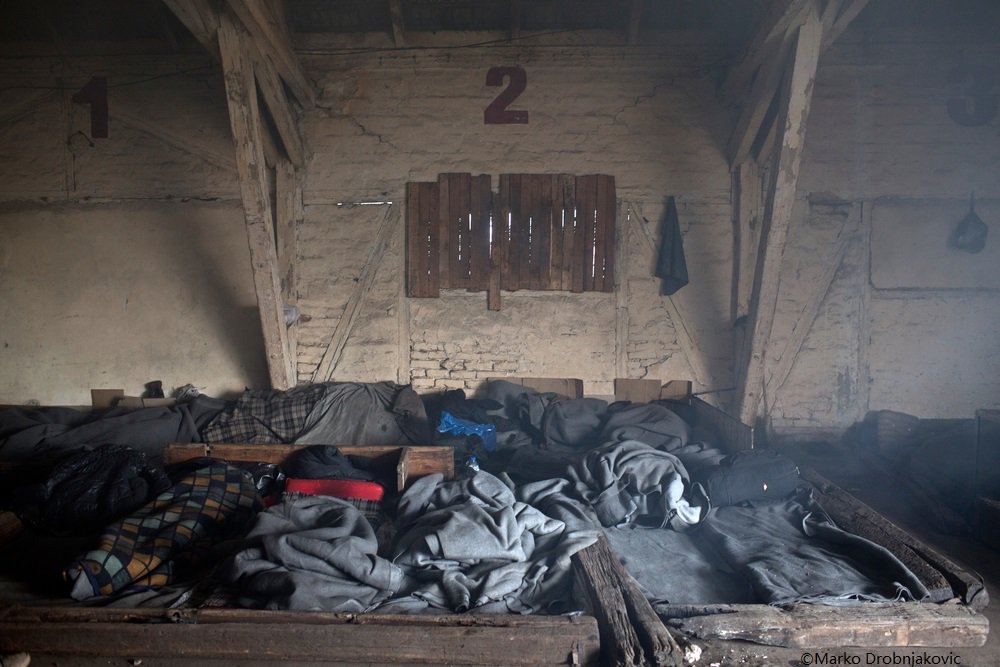
#Migrants and #refugees are freezing this winter in #Europe. And cold #European policies are making their suffering even more unbearable. pic.twitter.com/vhbAQK09n1
— MSF Sea (@MSF_Sea) 9. Januar 2017
#FreeSpeech curtailed in Aung San Suu Kyi’s #Myanmar as prosecutions soar.#Burma https://t.co/VuD0cHUVkB
— Lotte Leicht (@LotteLeicht1) 9. Januar 2017
AT’s mostly long-settled non-EU citizens and the growing 2nd generation have greater needs for citizenship and political participation than immigrants in most other countries. AT made no progress on political participation and fell further behind international reform trends as other countries extend citizenship entitlements for the 2nd generation and dual nationality for all. AT’s requirements for family reunion, permanent residence and naturalisation, some of the most restrictive in Europe, do not take into account immigrants‘ real efforts to participate in society to the best of their individual abilities and their local circumstances. This combination of unrealistic expectations and limited support may be setting many applicants up for failure, with disproportionate effects on vulnerable groups. These obstacles have clear impacts on immigrants‘ active citizenship and other integration outcomes too. AT emerges as one of the most politically exclusive democracies in the developed world, with large numbers of disenfranchised non-EU citizens and one of the most restrictive naturalisation policies and rates.
.
Policy Recommendations from Beratungszentrum für Migranten und Migrantinnen
Open equal access to public sector jobs and trade licenses for non-EU citizens
Increase work placements, bridging courses and effective diversity strategies for both high- and low-educated
Increase the family reunion rate based on impact evaluation of the high income requirement, 21-year age limit and a review of the best ways to support learning German after reunification in AT
Allow dual nationality for all citizens
Guarantee AT citizenship for all 2nd generation at or after birth
Increase uptake of naturalisation and permanent residence based on impact evaluation of the income and language requirements
Did you know that 2017 is the International Year of Sustainable Tourism for Development? Have a look: https://t.co/86V4TxgIFW #IY2017
— UN Vienna (@UN_Vienna) 6. Januar 2017

Opposing CLASH OF CIVILIZATIONS we have to promote MORE CIVILIZATION. Humanity is one & dignity is equal for all. pic.twitter.com/i0jxyinFNU
— Jan Figel (@janfigel) 8. Januar 2017
The development of International Law is one of the primary goals of the @UN. Find out more here: https://t.co/CmqGPiVml7
— UN Vienna (@UN_Vienna) 8. Januar 2017
Great analysis of new UN #cholera plan & the issues with funding it, from @BeaLindstrom in @opiniojuris :https://t.co/Vqm01LR6H9
— IJDH (@ijdh) 7. Januar 2017
Did you know that the UN has 193 member states? The list is here: https://t.co/WTZerWVz4B
— UN Vienna (@UN_Vienna) 7. Januar 2017
@Shoalla should Canada be a special snowflake? https://t.co/3xEWVdFxrb
— Kristi Hewetson (@kristihewetson) 7. Januar 2017

Im Juli schicken wir 23 🇦🇹 Studierende zu einem #Startup Workshop nach Austin, Texas 🇺🇸 Apply now! https://t.co/OOPzC8Och1 #Austria2Austin pic.twitter.com/rqRqHjIORv
— Alexa Wesner (@AlexaWesner) 8. Januar 2017
Zum Nachhören: Frühstück bei mir v @MitterlehnerR bei @ClStoeckl – mein aufrichtiges Beileid zum Tod der Tochter https://t.co/X4REc8UvbM
— cariklaus (@KlausSchwertner) 8. Januar 2017
Hidden camera footage reveals an Israeli diplomat discussing plans to „take down“ Britain’s Deputy Foreign Minister, Sir Alan Duncan. pic.twitter.com/zdfwtQs7I6
— Al Jazeera English (@AJEnglish) 8. Januar 2017

— cariklaus (@KlausSchwertner) 8. Januar 2017

Auch heute Abend sind die Freiwilligen des Canisibus unterwegs und verteilen warme Suppe an obdachlose Menschen in Wien. pic.twitter.com/4RbxlW8BgD
— cariklaus (@KlausSchwertner) 8. Januar 2017
NY Times says the US intelligence report on Russia is „damning and surprisingly detailed,“ then adds that it contains no actual evidence pic.twitter.com/qpncWboVEV
— Ben Norton (@BenjaminNorton) 7. Januar 2017
Silencers are used to murder discreetly but now the gun lobby wants to ease access–supposedly to protect their ears https://t.co/rGepH16zMi pic.twitter.com/35ARdTeFhZ
— Kenneth Roth (@KenRoth) 8. Januar 2017
Childhood is a luxury afforded to a fraction of #Yemen’s children. Millions have been displaced or affected by the ongoing fighting. pic.twitter.com/n0H3hWGkeC
— ICRC (@ICRC) 8. Januar 2017
IRAQ – A man shields his daughter from seeing the body of an IS fighter as they flee Mosul’s al-Mithaq neighborhood. By @dilkoff #AFP pic.twitter.com/a6JKEqFBsG
— Frédérique Geffard (@fgeffardAFP) 8. Januar 2017
8yr old Noora, Syrian refugee in Iraq. Noora has a kidney disorder, getting treatment is problematic.
Photo: Sebastian Rich for @unrefugees pic.twitter.com/nI2XiFyKHk— Sebastian Rich (@Hopefocus) 7. Januar 2017
„Kopftuch – ja oder nein“. „Wer das macht, der meint es nicht ernst mit dem Thema Integration.“ https://t.co/CWV8kBZz7i
— cariklaus (@KlausSchwertner) 8. Januar 2017
Sehr bemerkenswert, dass man jemanden an seinen eigenen Aussagen misst. Sehr bemerkenswert... @hartig_philipp @sebastiankurz
— cariklaus (@KlausSchwertner) 8. Januar 2017
How to counter fake news sites -start by asking companies why they are allowing their advertisements to appear there.https://t.co/2jRFMi8UEz
— Lotte Leicht (@LotteLeicht1) 8. Januar 2017
Hope against hope: – 2017 must be the year where we choose to re-embrace human dignity and the value of human life @MSF_Sea #Refugees https://t.co/pvO8ft8fLX
— Beate Sjåfjell (@BeateSjafjell) 8. Januar 2017
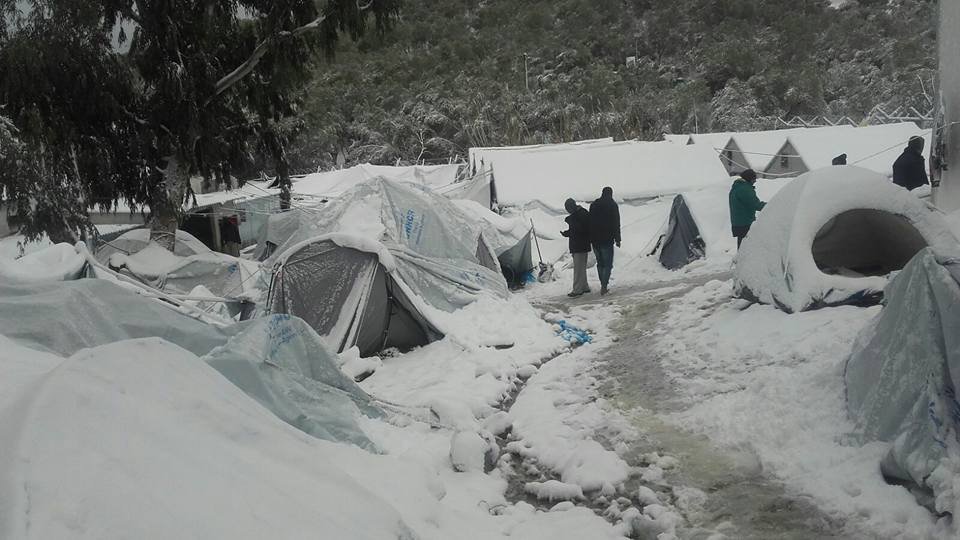
9 months after EU/Turkey deal this is how people live in #Greece. We call for immediate housing solutions for those stuck in the islands! pic.twitter.com/ERGwr4Fo4J
— MSF Sea (@MSF_Sea) 7. Januar 2017
Comments are closed.